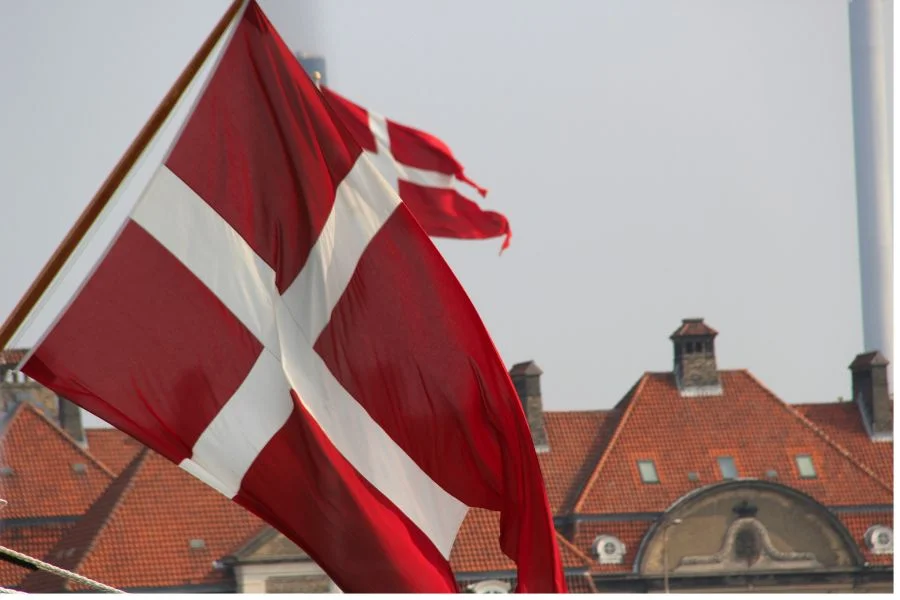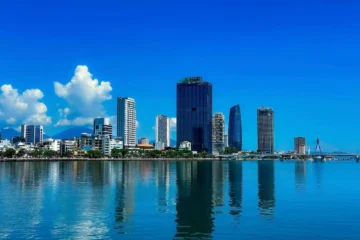Denmark has quietly become one of Europe’s most desirable destinations for skilled professionals. With its high standard of living, excellent work-life balance, and stable economy, the country attracts thousands of foreign workers every year. However, for those hoping to make Denmark their permanent home, a common question that arises is whether you can actually get permanent residency through a work visa.
The short answer is yes, but the path is carefully structured. Denmark’s immigration system focuses on long-term economic contribution and social integration, rewarding those who work, pay taxes, and become part of Danish society. The process might seem detailed, but for those who plan, it’s both realistic and rewarding.
Key Takeaways
How the Danish Work Visa System Operates
In Denmark, most non-EU nationals enter on a residence and work permit, which allows them to live and work legally in the country for a specific employer. The two most common pathways for professionals are the Positive List Scheme and the Pay Limit Scheme.
The Positive List Scheme targets occupations where there is a shortage of skilled workers, such as engineers, IT specialists, healthcare professionals, and scientists. Those offered a job in one of these in-demand roles can apply for a Danish work permit that is directly linked to that employment.
The Pay Limit Scheme, on the other hand, is income-based. If a company in Denmark offers a foreign worker a job with a salary above a certain annual threshold (which is updated yearly), the applicant can qualify for a work visa regardless of occupation type. This route attracts high-income professionals who may not fall under a shortage occupation but meet Denmark’s standards for economic contribution.
From Temporary Stay to Permanent Residency
Obtaining permanent residency in Denmark is not an automatic step after working there; it’s a privilege earned through stability, integration, and time. Generally, a foreign professional must have lived in Denmark legally for eight consecutive years to apply for permanent residence. However, that period can be shortened to four years for those who meet stricter integration requirements.
Also Read: How to Get Permanent Residency in Denmark
These requirements include demonstrating strong Danish language skills, maintaining full-time employment for several years, and showing active participation in Danish society, such as volunteering, paying taxes consistently, and avoiding any form of public assistance.
Work visa holders can move toward permanent residency if they continuously renew their permits, maintain legal residence, and avoid long absences from Denmark. The residence history is cumulative, meaning each renewed permit builds toward the PR timeline.
Integration and Language: The Danish Core
Unlike many other European countries, Denmark places considerable emphasis on integration. The government expects foreign residents to adapt to Danish culture, learn the language, and become socially involved.
To qualify for PR, applicants must complete Danish Language Test 2 (Prøve i Dansk 2) as a minimum, though some pathways may require a higher level depending on the category of application. In addition, the Danish immigration authorities assess your knowledge of Danish society through courses and integration exams.
This focus on integration ensures that permanent residents are not only economically stable but also culturally and socially aligned with Danish life, a key reason Denmark’s immigration system is seen as balanced and selective.
We connect you with trusted immigration experts who simplify the entire process — from paperwork to approval.
The Application Process for Permanent Residency
When eligible, applicants must apply to the Danish Immigration Service for permanent residency. The application involves several stages of verification, including documentation of residence history, employment, tax records, and proof of language proficiency.
Applicants also need to demonstrate that they have been financially self-sufficient, meaning they have not received any public benefits for at least three years before the application. A stable income and a clean criminal record are essential.
In addition, the Danish authorities may request evidence of civic engagement, such as volunteer work or community participation, which can strengthen the application and, in some cases, shorten the required residence period.
Processing times vary but typically range from six to twelve months, depending on the complexity of the case and the number of applications under review.
Common Challenges for Work Visa Holders
The biggest challenge foreign professionals face in Denmark is maintaining continuous residence while meeting integration standards. Because most work visas are tied to specific employers, changing jobs requires approval from the Danish Agency for International Recruitment and Integration (SIRI). Delays or mistakes in this process can interrupt your residence timeline.

Another common issue is the language barrier. While many Danes speak fluent English, immigration policy demands a working command of Danish for long-term settlement. Applicants who delay language learning often find their permanent residency applications postponed or rejected.
Finally, Denmark’s strict welfare system means that even temporary reliance on public benefits can disqualify an applicant. This includes unemployment aid or housing assistance, even if received briefly.
Advantages of Gaining Permanent Residency
Permanent residency in Denmark offers significant advantages beyond stability. PR holders are no longer bound by a specific employer or visa type. They can freely switch jobs, start businesses, or pursue further studies without needing to renew permits.
Permanent residents also gain full access to Denmark’s welfare system, including healthcare, education, and family reunification benefits. It also opens the door to Danish citizenship, typically after holding PR status for a few years.
For many professionals, achieving PR status symbolizes not just job security but also social belonging in a country renowned for equality, transparency, and high standards.
Is It Worth Pursuing?
Absolutely, if you plan to make Denmark your long-term home, the PR pathway through a work visa is one of the most reliable in Europe. The process rewards hard work, social contribution, and integration rather than simply time served.
It’s a system designed for those who wish to become part of Danish society, not just work temporarily. While the requirements may seem demanding at first, the clarity of Denmark’s immigration structure and the benefits of residency make the effort worthwhile.
For skilled professionals ready to embrace the Danish way of life, permanent residency offers a chance to turn a professional opportunity into a lasting future in one of Europe’s most forward-thinking nations.
Reference: https://www.nyidanmark.dk/de-DE/You-want-to-apply/Permanent-residence-permit/Permanent-residence





